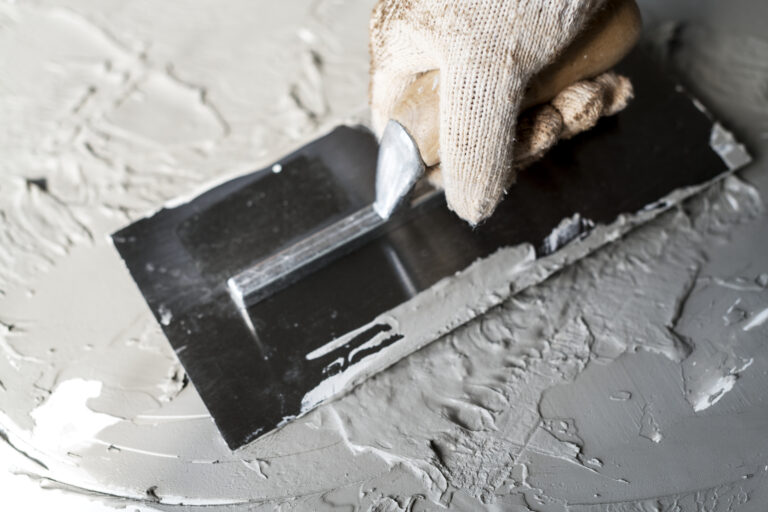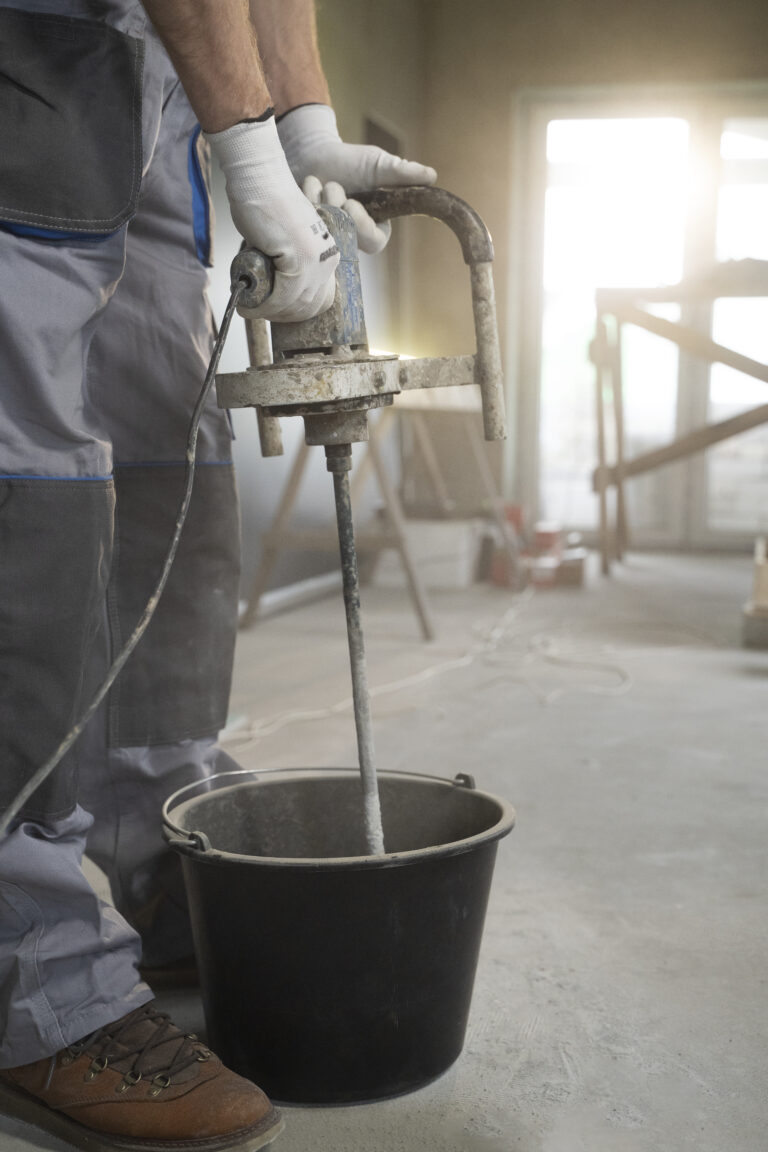Advantages of polymer additives: Effectively improve the properties of cement mortar
The Introduction:
Cement mortar is widely used in construction to bond bricks and concrete. While traditional cement mortar has many positive properties, it can be improved by adding chemicals called polymer additives.
This article discusses the role and advantages of polymer additives in improving the properties of cement mortar. The article discusses the different types of these additives, their mechanisms of action, and their effect on mortar properties such as viscosity, workability, bearing capacity, and durability.
Advantages of polymer additives: types of additives
There are many types of polymer additives, each with its own unique properties. The most common types include:
1. Latex:
Natural Latex: Extracted from rubber trees, used to improve viscosity and workability, and has water-resistant properties.
Synthetic latex: Made from chemicals, used to improve viscosity and workability, and has chemical-resistant properties.
2. Dissolved polymers:
Polyethylene glycol: Used to improve viscosity and workability, and has water-repellent properties.
Polyacrylamide: Used to improve tensile and crack resistance, and has chemical resistant properties.
3. Fiber:
Fiberglass: Used to improve tensile and crack resistance, and has heat-resistant properties.
Carbon Fiber: Used to improve tensile and crack resistance, and has heat and chemical resistant properties.
4. Other types:
Plasticizers: Used to improve viscosity and workability, and make mortar more flexible.
Thickeners: They are used to increase the viscosity of mortar and make it more resistant to sagging.
Hardening retarders: They are used to delay the hardening time of mortar and make it easier to work with.
Advantages of polymer additives: Mechanisms of action of additives
Polymer additives work through different mechanisms, depending on their type. Common mechanisms of action include:
Dispersion: Additives disperse cement particles, improving viscosity and workability.
Bonding: Additives bond to cement particles, resulting in improved bearing capacity and durability.
Reinforcement: Additives strengthen the mortar, resulting in improved tensile and cracking resistance.
Advantages of polymer additives: Effect of additives on mortar properties
Polymer additives can affect the properties of cement mortar in several ways, including:
Viscosity: Additives increase the viscosity of the mortar, making it easier to apply and less likely to sag.
Workability: Additives improve the workability of mortar, making it easier to mix and finish.
Durability: Additives enhance the mortar’s durability, making it more resistant to abrasion and cracking.
Durability: Additives extend the life of the mortar, making it more resistant to weathering.
Conclusion:
The advantages of polymer additives can significantly improve the properties of cement mortar. These improvements can increase construction efficiency and improve construction quality.
Please be sure to choose the right additives for your project to take advantage of the benefits of polymer additives. There are many different types of these additives available, each with its own unique properties. Consult a building expert for help choosing the right additions.
To order cement mortar, go to www.whitesand.sa




